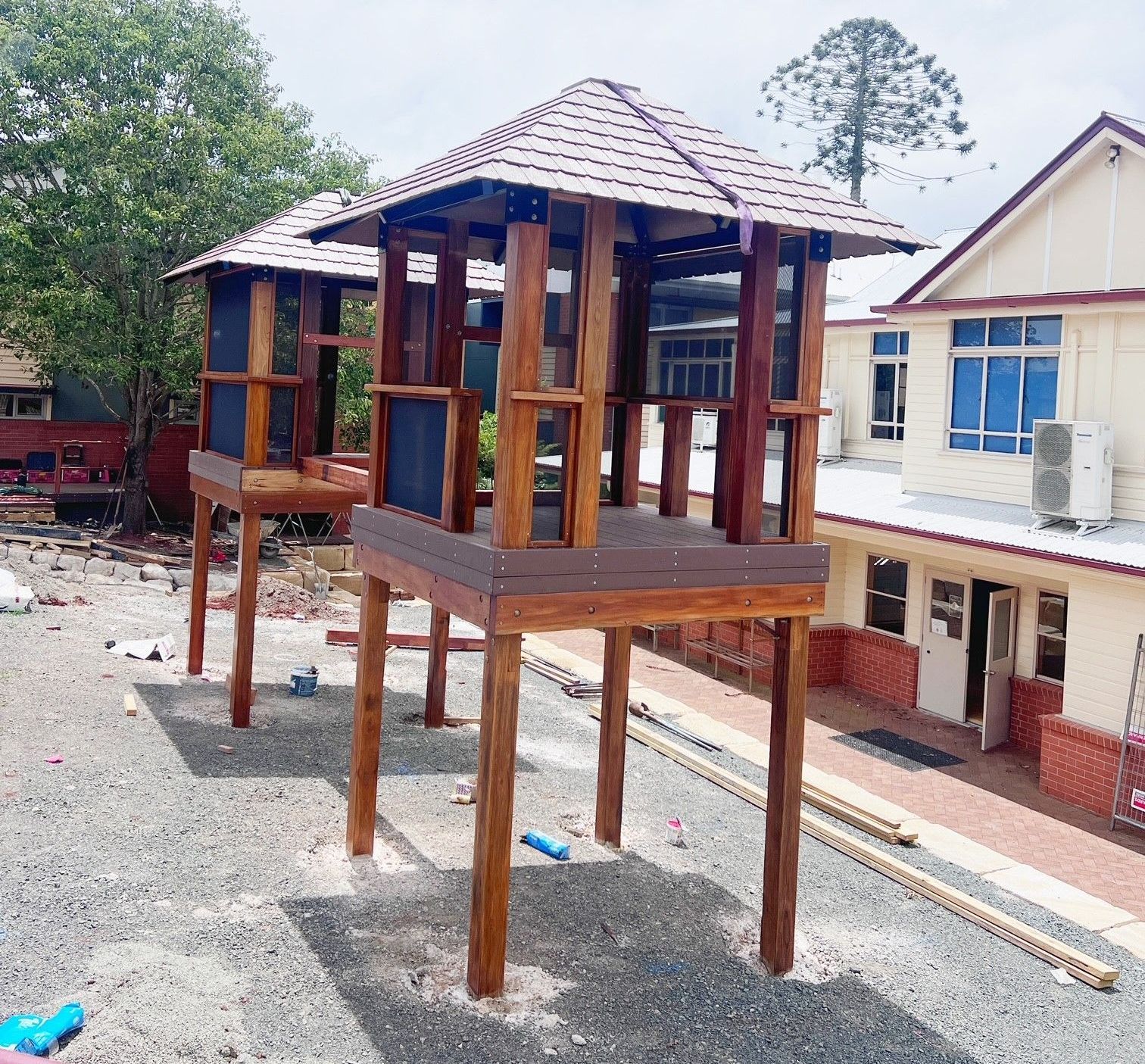Let Them ... Play
“We are never more fully alive, more completely ourselves, or more deeply engrossed in anything than when we are playing.” - Charles Schaefer
I remember a conversation with a new and young boarder, many years ago. She was walking, it would seem, reluctantly back to the Boarding House one afternoon during her first week of term, I enquired about her day. She shrugged her shoulders, a little diffidently, dropped her head and mumbled, “It was OK – I guess.” I caught a wistful edge to her tone and presumed that the lure of home was calling her. Tell me what was good, I asked – trying to wend things towards a more positive frame. “I liked PE,” she offered, “and everything else was OK, but I’m wondering when I get to play.”
It was the phrase “I’m wondering when I get to play,” that caught me hard. In fact, it’s never left me. If I close my eyes, I can still see that student and where we both stood in conversation. I couldn’t answer her well, she wasn’t looking for an organised activity … she was looking for the opposite, she was seeking out the joy of the unstructured - play.
For those familiar with the tiered area between the Assembly Hall and the Performing Arts Building – you may be surprised. In that underutilised, awkward space is a transformed area – for sitting, relaxing and for … playing. Whilst we mindfully meet the play needs of younger students, we are sometimes less likely to consider the notion that play is important for us all, irrespective of age.
If you’ve travelled around the suburbs of Brisbane recently, you may have noted the rise of the playground for ‘older kids’ … a nod to the importance of play. Bradbury Park in Kedron first took my eye, but research has led me to lots of interesting spaces, including Calamvale District Park and Buxton Park in Yarrabilla.
Whilst the new addition to our College landscape, is less large scale, it is significant, nonetheless. Its significance lies in our recognition that our young people require spaces that facilitate pause, play and connection. I think, it links aptly with the legislated ‘phones and wearable technology-free’ mandate for Queensland schools which is about a positive persuasion to encourage young people to use time, differently.
Interestingly, Article 31 of the United Nations Convention of the Rights of the Child says that play is a fundamental right, optimal to child development. What’s more, such spaces allow for self-restoration. Psychologist, Lisa Damour (2020) shares that “when it comes to self-restoration, we all have options — with connection, distraction and reflection being chief among them.”
Play can distract, it can connect, and it can give metaphoric and actual space to reflect. We are hoping that this reimagined space will allow for that. Marantz Henig in 2018 reminded us that play is much more than “a way for restless kids to work off steam or to burn off calories”, it is also more than “a frivolous luxury.” It is central to neurological growth and the extensive work conducted by the Berry Street Schools leads to play as one learning tool in classrooms, also – one that provides a platform for building trust.
So, here’s to more play in 2024. Here’s to the joy of the unstructured and an opportunity for self-restoration in this reconfigured space. After a generally joyful Brisbane childhood of sliding headfirst down blisteringly hot metal slippery slides, clambering across monkey bars or making myself giddy on the playground merry-go-round, I’m keen to see this space embraced with enthusiasm.
Finally, girls like that young boarder, so many years ago – have another place to play – a space that’s a little bit free from the encumbrances of adults.
Let them … play (without technology).
Dr Linda Evans | Principal
REFERENCES
Damour, L. (2020). ‘How Teenagers Use Free Time Affects Mood’. The New
York Times. https://www.nytimes.com/2020/12/03/well/family/teenagersdowntime-
free-time-choices.html

Marantz Henig, R. (2008). ‘Taking Play Seriously’. The New York Times. https://
www.nytimes.com/2008/02/17/magazine/17play.html

More News…






